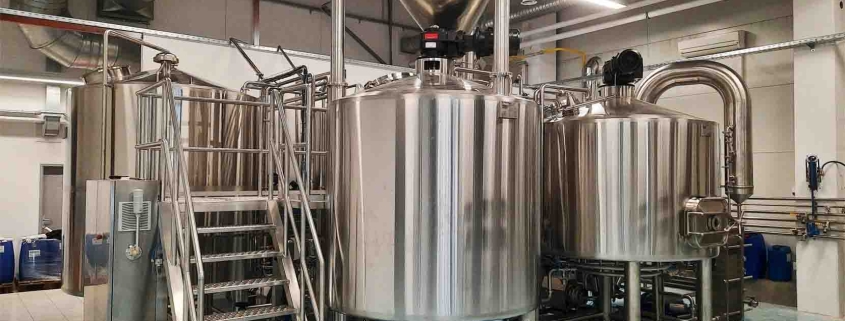How to Choose a Craft Beer Equipment Supplier
What is Craft Beer Equipment?
If you’re passionate about craft beer and ever dreamed of brewing your own unique batch, you’ve probably already looked into what goes on behind the scenes. That’s where craft beer equipment comes in. Simply put, craft beer equipment includes everything a brewer needs to produce beer in smaller, artisanal batches. Think fermenters, mash tuns, kettles, chilling systems, kegs, bottling machines, and the entire brewing system that’s tailored more for creativity than mass production.
What makes this equipment different from what’s used in commercial brewing giants? Size, precision, and customization. Craft brewers are artists, and their tools need to reflect that level of finesse. A craft brewing system isn’t just a downsized version of a commercial plant – it’s a purpose-built system that allows small-scale production while offering high control over the brewing process.
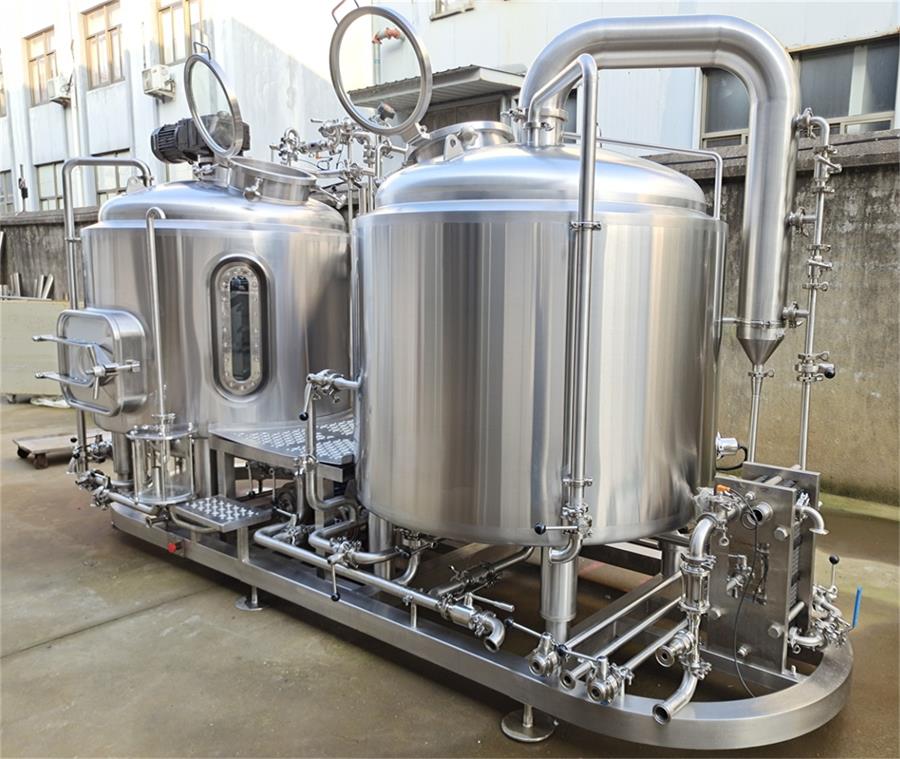
Why Choosing the Right Supplier Matters
So you’ve got the passion, a killer recipe, maybe even a team. But here’s the million-dollar question: where do you get the equipment that will turn your vision into liquid gold? That’s where choosing the right craft beer equipment supplier becomes absolutely critical.
This isn’t just about who offers the cheapest gear. The supplier you choose can shape everything from your brewery’s efficiency to the quality of your final product. Imagine starting your dream brewery with equipment that breaks down in six months, or even worse, gear that never really lets you hit the sweet spot of your recipe. A good supplier acts like a brewing partner. They understand your goals, guide you through system selection, help with installation, offer after-sales support, and even provide training if needed.
Plus, let’s be real: in the craft brewing world, reputation is everything. If your beer tastes off due to poor equipment performance, it’s your name on the line, not the manufacturer’s.
Top Features to Look for in a Craft Beer Equipment Supplier
When you’re knee-deep in supplier options, what should you actually be comparing? It’s tempting to just go for the shiniest tank or the flashiest control panel, but let’s break it down into what truly matters:
1. Customization Capability
A great supplier will offer customized systems that fit your brewing style and scale, not force you into a one-size-fits-all model. Whether you’re into lagers or stouts, small batches or scaling fast, flexibility is key.
2. Material Quality
Look for 304 or 316 stainless steel construction. These are corrosion-resistant, durable, and safe for food-grade processing. Don’t settle for lower-grade metals if you want longevity and consistency.
3. Technical Support & Training
Buying the system is just step one. Does the supplier help with installation? Offer on-site or remote training? Do they pick up the phone when you call with a brewing emergency?
4. Automation vs. Manual Operation
Depending on your budget and experience, you may want a semi-automated system to streamline tasks like temperature control or grain feeding. Make sure your supplier gives you the right level of tech.
5. Warranty & After-Sales Service
This is where many brewers get burned. A proper warranty and reliable service network can save you thousands in the long run.
6. Certifications & Compliance
Are the machines compliant with your local food safety and electrical standards? CE, UL, and ISO certifications are worth looking for.
7. Reputation & Case Studies
Have they worked with breweries like yours? Can they show you past successes? Do they have reviews you can actually trust?
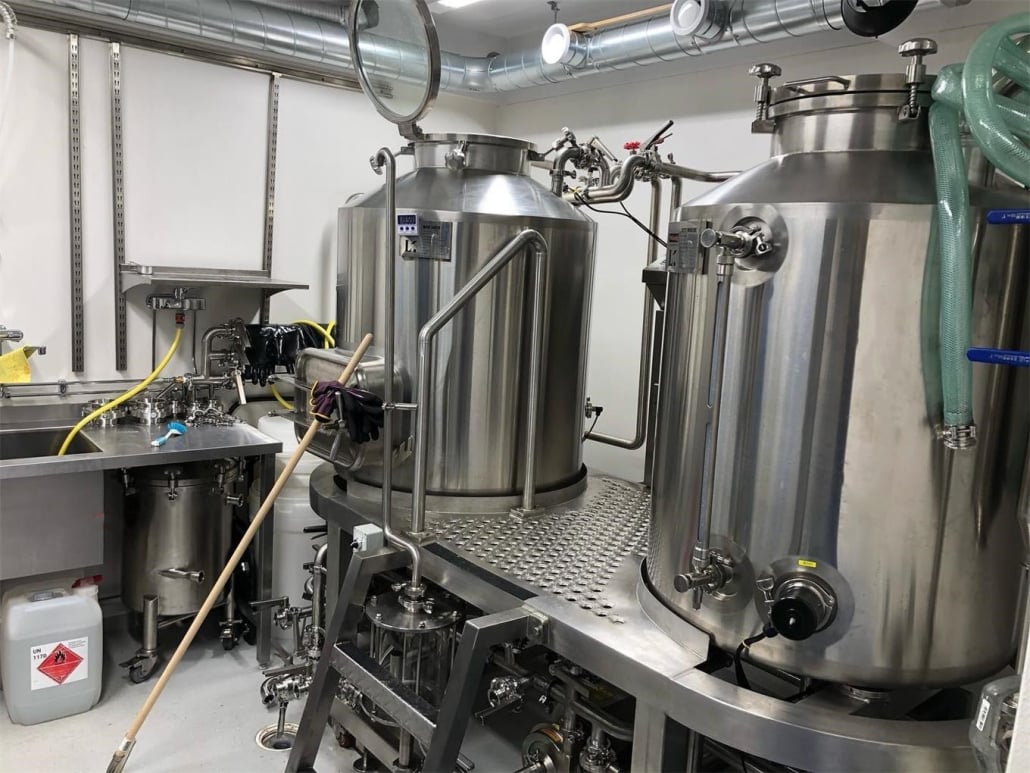
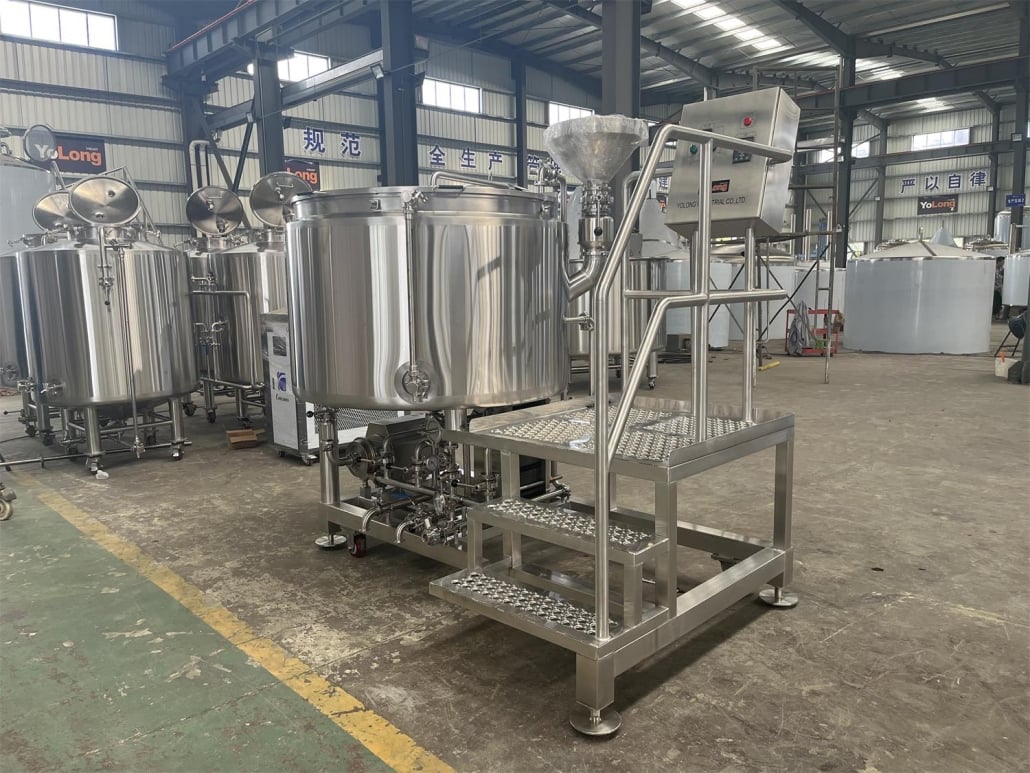
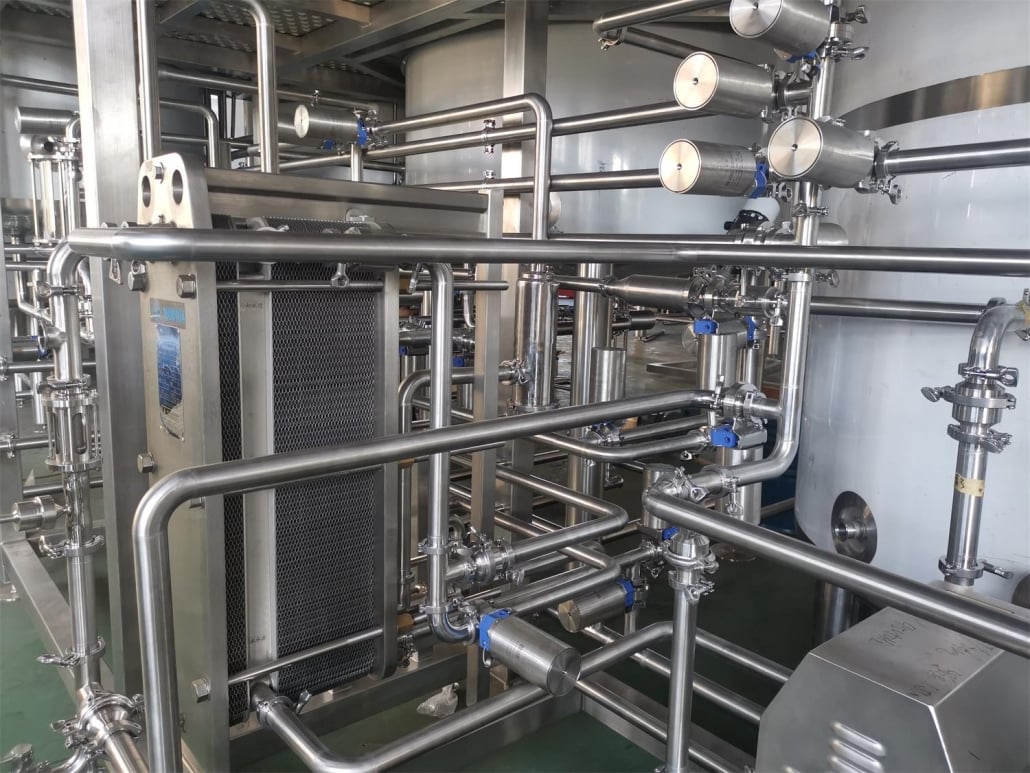
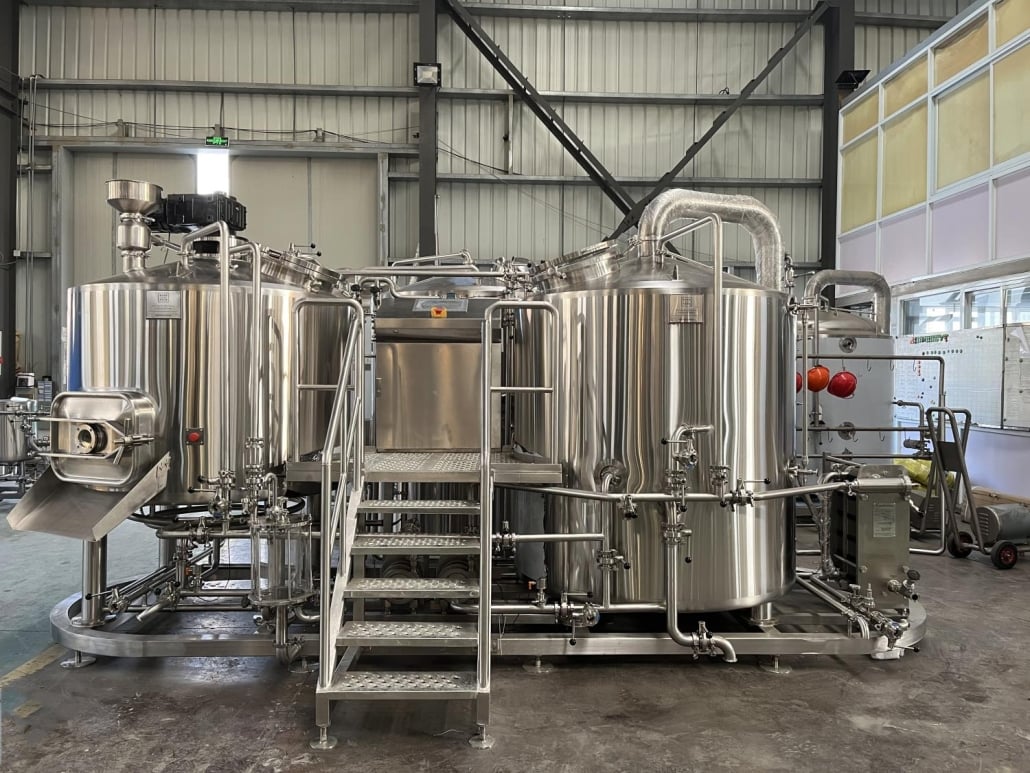
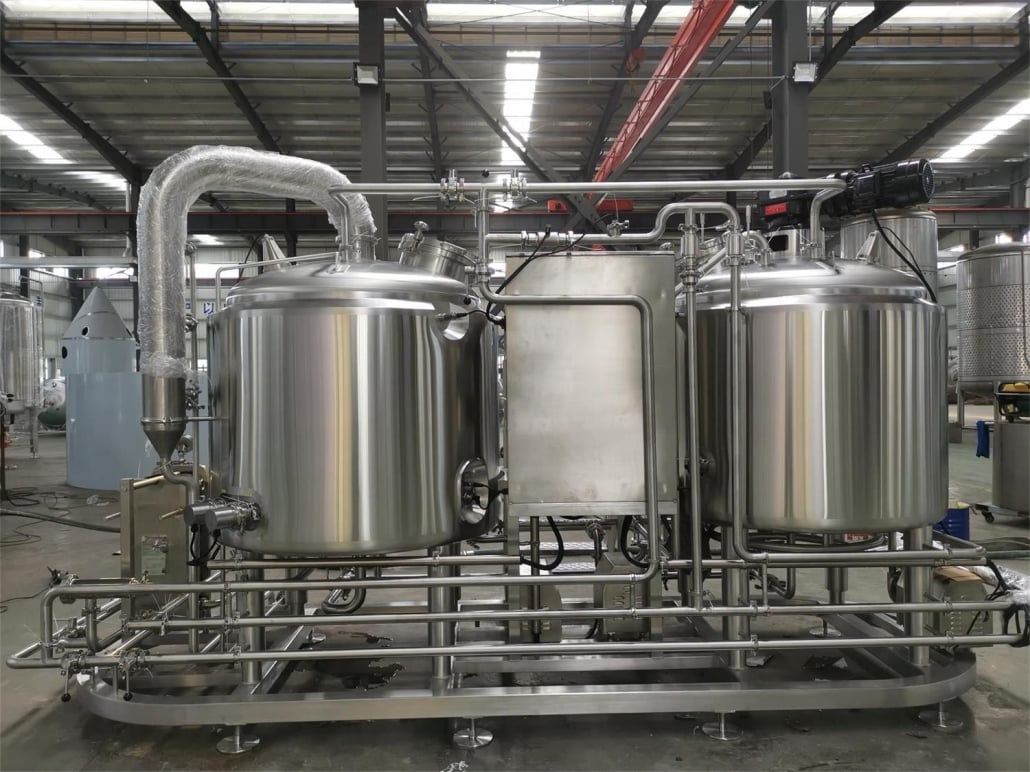
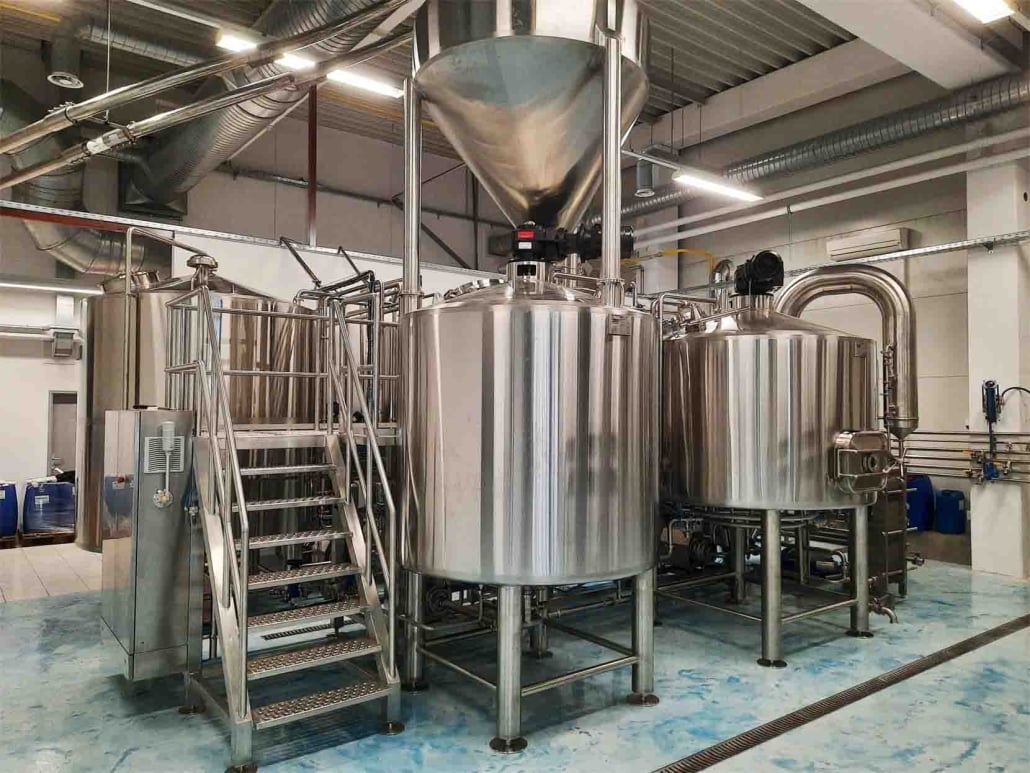
Comparison of Top Craft Beer Equipment Suppliers by Key Features
| Supplier | Customization | Material Quality | Support & Training | Automation Options | Warranty | Certifications | Notable Clients |
|---|---|---|---|---|---|---|---|
| BrewBilt Manufacturing | Excellent | 316 Stainless Steel | Yes | Manual & Semi-Auto | 2 Years | UL, CE | Local craft brewers in CA |
| Portland Kettle Works | High | 304 Stainless Steel | Yes | Full Automation | 1 Year | CE, ISO | Multiple US brewpubs |
| Ss Brewtech | Moderate | 304 Stainless Steel | Limited | Manual | 6 Months | FDA Compliant | Homebrewers, small startups |
| American Beer Equipment | Customizable | 304/316 SS | Extensive | High-Tech Automation | 3 Years | UL, CE | Regional brewery chains |
| Tiantai Beer Equipment | Flexible | 304 SS | Email/Remote Only | Semi-Auto | 1 Year | CE, ISO | Startups in Europe & Asia |
| Deutsche Beverage | Very High | Premium 316 SS | Full Support | Fully Automated | 2 Years | UL, ISO, CE | Premium microbreweries |
Note: Prices vary widely depending on scale and options. A nano-brewery system might run $50,000, while full-scale systems can hit $500,000 or more.
How to Choose the Best Supplier for Your Brewery
Alright, now that you’ve got the lay of the land, let’s talk strategy. How do you actually pick your supplier? First, zoom in on your own needs. Are you a one-person startup brewing small batches, or are you launching a 20-barrel brewpub with big ambitions?
Next, think long-term. Cheap can be expensive if you’re constantly fixing or replacing gear. Prioritize longevity, scalability, and support over shiny finishes or the lowest upfront price.
Also, visit the factory if you can. See how the gear’s made. Ask for a brewery that uses their equipment and go take a tour. Real-world testing beats marketing brochures any day.
And don’t forget the soft skills. Is the supplier easy to work with? Do they explain things well? Brewing is part science, part art—you need a partner who gets that.
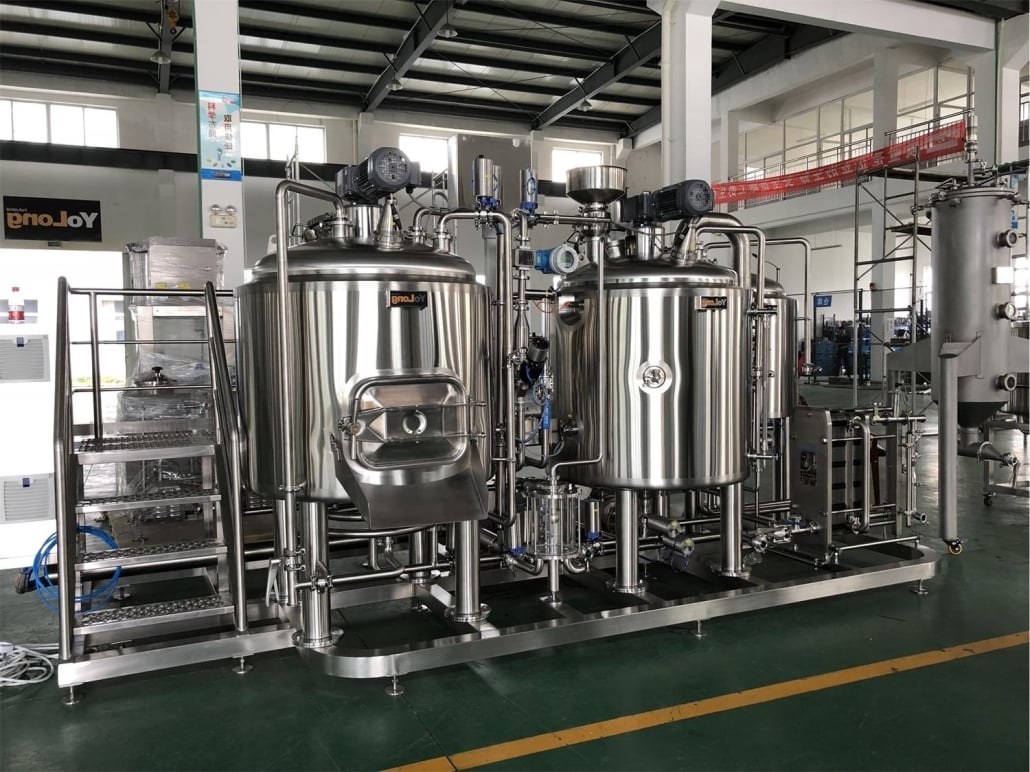
FAQ
| Question | Answer |
|---|---|
| What’s the best material for brewing equipment? | 304 or 316 stainless steel is best. It’s durable, food-safe, and resistant to corrosion from brewing ingredients. |
| How much does a small craft brewing system cost? | Entry-level nano systems start around $20,000. Full setups for mid-sized craft breweries can range from $100,000 to $500,000+. |
| How long does installation take? | Typically 1–4 weeks depending on system size, supplier schedule, and your site readiness. |
| Do suppliers offer help with recipe scaling or brewing? | Some do! Larger suppliers often provide consulting or connect you with brewing experts to help scale recipes from home to pro batches. |
| What certifications should I look for? | Look for UL (USA), CE (Europe), ISO 9001 (quality assurance), and FDA or NSF compliance for food safety. |
| Can I import brewing equipment from overseas? | Yes, but check duties, shipping costs, and ensure compliance with local codes. Communication and support may also be limited. |
| Is automation worth the extra cost? | If you’re brewing large volumes or want consistency with less manual labor, yes. But for experimental or small-batch brewing, manual may be fine. |

